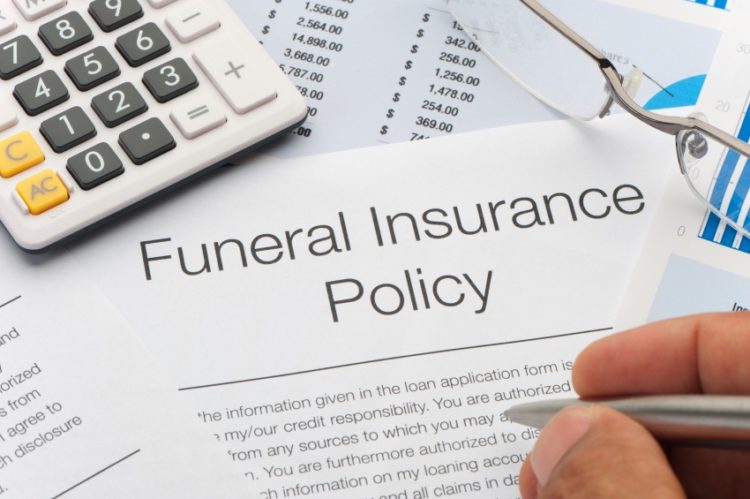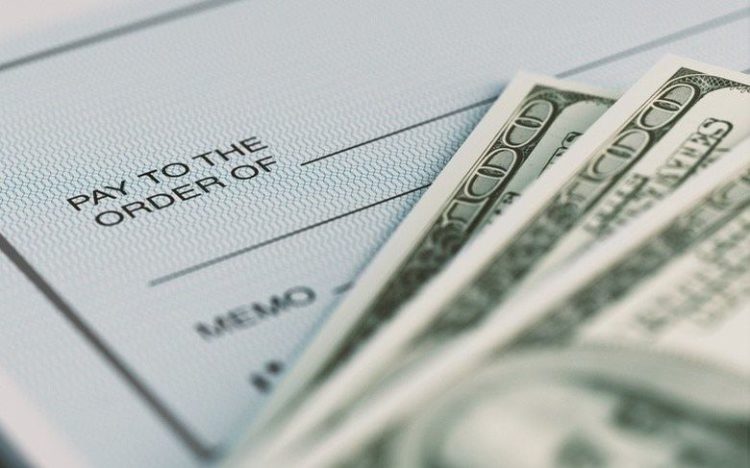It is true that we all have to die, yet only a few people think about funerals before death. Most of us don’t even know what the average cost of a funeral is. You will very rarely find someone who is interested to know about funeral expenses as most people try not to be so morbid.
The traditional funeral cost can go beyond eight thousand dollars. The average cremation cost is no less than one thousand dollars. These numbers fluctuate depending on the funeral home and the way you want to run the funeral.
If you have no plan for your funeral while you’re alive, then your survivors have to pay some looming expenses. You can set aside money in a will, but that is not an effective idea. Your survivors will have to pay the funeral home upfront, and all of your estates will go through probates, which can take years to complete.
To cover up this big expense, try some other ideas.
Page Contents
1. Insurance

source:cremationinstitute.com
Most life insurance companies pay a lump sum amount to your beneficiary after death. If you have such insurance, then they will pay for your funeral and other financial needs of your relatives. This type of payment procedure is quick, and your survivors will not need to wait for probates.
Other than life insurance, there is the more exclusive burial insurance for a funeral policy. This insurance covers all death-related costs, which can range from 5000 to 25000 dollars. The company will provide money to the funeral home and/or your family members.
You must be wondering about the policy cost. Well, the cost is way below your expectations. You only need to pay two to three dollars per week to get the premium. For example, if a thirty-six-year-old man buys a premium of three dollars per week, he will get six thousand dollars in death benefits. If for some reason a 9-year-old boy buys the same policy, he will receive a death benefit of eighteen thousand dollars. To know more, click here.
There is also pre-need insurance to cover all predetermined expenses of funeral, burial, and/or cremation, which includes the expense of church service, funeral merchandise, funeral home service, and even burial service. This assures your own funeral funding and saves your relatives from such a sudden financial shock.
2. Veterans Benefits

source:integrityfunerals.com.au
This benefit is exclusive to the military. You can be buried in a national cemetery without any costs to you or your family. There are no fees for gravesite, marker, or vault. Furthermore, the veteran administration pays a burial allowance to cover all funeral expenses. If you are not buried in a national cemetery, then the veteran administration will select an alternative burial spot elsewhere.
3. POD or Payable on Death Account
Payable on death or “Totten trust” is a special type of bank account. This account allows you to separate some funds for your future funeral. You also have to name a person who will receive access to this account just after your death. The person just needs to show your death certificate to the bank, and they will get these funds immediately.
In this system, the money does not go through probate. The beneficiary you name cannot withdraw any amount unless you die. Outside of that, you can deposit or withdraw any amount you want.
4. Savings Account
Your savings can help your future funeral. Besides, the money in your savings account will run through probate once you die. That lengthy process can create hassles for your survivors.
However, there is another way to make things more effective. If you open a joint account and give the other person the rights of survivorship, then he or she will become the sole owner of that account.
Once you die, your account partner can withdraw money and spend it on your funeral. Though it sounds good, this option has trust issues.

source:aarp.org
5. Borrowing
Banks, specialized lenders, and credit unions offer loans for funeral purposes. However, these loans can be expensive in terms of the interest rate. In the case of personal loans, they can be insecure and hard to get to some extent.
Borrowing can also be expensive due to high-interest rates. The interest rates can range from 16 percent to 35 percent, so only borrow the amount you can afford. The Funeral Consumer Alliance recommends not going into debt for an expensive funeral.
6. Government Agencies
Government agencies allow social security payments for some groups of people. Any disabled person, person on Medicaid, surviving spouse, or indigents get this death benefit from government agencies. In some states, there is a compensation plan for murder victims.

source:pxfuel.com
7. Prepay at Funeral Home
Funeral homes offer different sets of prepaid plans for your future funeral. This is a safe option as you know this funeral home will take care of everything after your death.
This is also a risky option in case you change your mind before death. Or, you may die in another state and lose a lot of money for nothing. It is only a good option if you are down in Medicaid spending and are going to any nursing home.
Other than that, if you are in the ICU or other severe conditions, then your family member can count this as a good option. There is history that people crossing the ninety year old mark took the prepay option at a funeral home and then died in another state. Think twice before you use this option.
8. Low-Cost Options

source:lhlic.com
Some of the low-cost options include green burial, direct cremations, or at-home funerals. Another cheap option can be donating your body to any medical college. This will help to train future doctors so they can save more lives.
In case you want to donate your body for medical purposes, you need to pre-enroll and submit agreements to medical staff. They can cremate the body after use, or they can bury it as per your agreement. Though these low-cost options are for people who have tight budgets, there are rich folks who also do it for the sake of humanity.
Final Verdict
Funeral costs are never easy to cover without good preparation. Some of us may have to break our banks for the perfect funeral, so it is always better to plan earlier than to regret later. Try any of the above-listed methods for a hassle-free future funeral.





